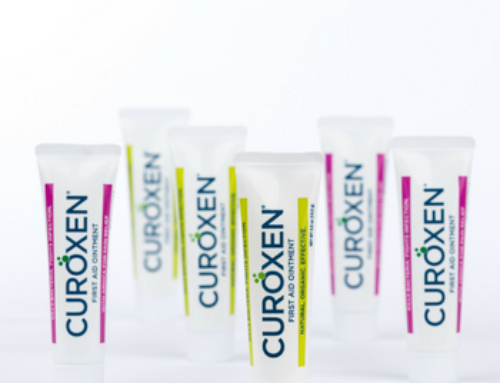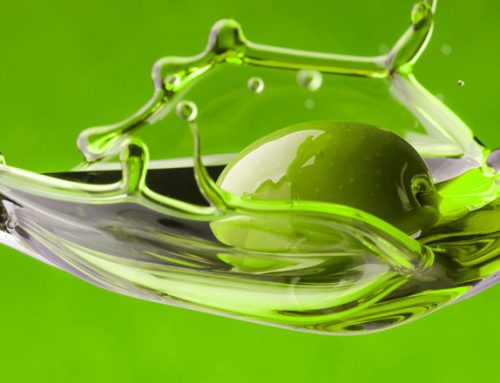I may have mentioned it before, but I am one of those women who study the back of products, tutting and muttering to myself at all the long words and sciency-sounding ingredients. I am definitely down with the “less is more” school of thought and the more natural, the better.
Thankfully, I am not alone and the trend for organic and natural products continues to gather steam. I think a lot of people are genuinely fearful of some of the things manufacturers want us to put in and on our bodies, so they gravitate towards products we feel we can trust, containing ingredients we understand.
The more complex an ingredient list, the more likely we are to suffer a reaction to the product, and we often won’t know which ingredient caused it. Sticking to simple, natural formulas helps prevent any problems.
Natural Remedies in Today’s Modern World
Nature provides us with a bountiful harvest of nuts, fruits, seeds, herbs and vegetables that have amazing medicinal properties. Properties which have been used with great success for thousands of years, healing people all over the world of all manner of minor ailments. Yet, the majority of beauty products and topical creams contain chemicals or natural ingredients so processed and altered that they bear no resemblance to the original item. Are they really more effective?
I have a friend with amazing skin, totally belying her years. When I asked her what she used to keep her skin so wrinkle-free she looked at me and said very matter-of-factly “organic olive oil,” as if you would ever use anything else. Apparently, olive oil is pretty much the only product she uses on her skin—she mixes it up with sea salt to make a body and facial scrub and uses it both as a moisturizer and lip balm. It makes perfect sense that she has great skin, olive oil is a fantastic source of vitamin E, which helps to keep skin soft and supple and is also a powerful antioxidant, protecting the skin from damage from air pollutants and free radicals.
While I haven’t got around to fully incorporating olive oil into my daily routine, I have started using it to clear up some troublesome dry patches. I get what I call “velcro heels” (dry and flaky skin after a summer of wearing sandals and flip flops) and massaging organic olive oil into my heels each night before bed has done wonders. My heels are no longer an embarrassment! If you want to try it, just be sure to wait until the oil has fully absorbed into your skin before you get into bed, otherwise you’ll be cursing me come laundry day.
Olive Oil For Wound Care?
Olive oil has more applications than simply gourmet cooking and beauty aids. Recently, research and development has led researchers to recognize its incredible antibiotic capabilities, and it’s now being used in an innovative wound care product.
CUROXEN, which is a topical, organic wound care antibiotic, is made with only two active ingredients: ultra-pure, organic, oxygenated olive oil from the Mediterranean and calendula. With the addition of other natural ingredients like lavender essential oil, it’s a brilliantly simple, organic product that outperforms even the so-called “triple acting” antibiotic ointments without the risk of allergic reaction.
Some might be skeptical: how can something as simple and natural as olive oil work toward killing bacteria and microbes? The fact is, olive extract and calendula have proven healing components that have been used for generations—long before the advent of chemical-based ointments.
Thus, just as olive oil can soften the skin, oxygenated olive oil is outstanding at killing bacteria on a cut or scrape.
Read more about how CUROXEN offers an organic, all-natural alternative to wound care.




